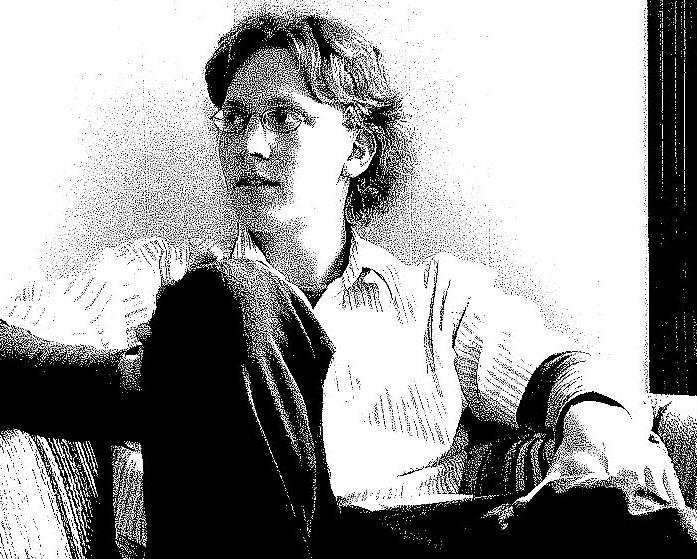When smart people strike
I find Ayn Rand’s book Atlas Shrugged increadibly compelling at a personal level. It’s humorously similar to the Communist Manifesto in the way it affects you: you suddenly start looking at the world using a different yardstick. It even focuses on production and work and the value of that work as the basis for much of its arguments, just like communism. It even is centered around exploitation, but it is the exploitation of the businessment, not the workers. It is the exploitation of those minds and those individuals capable of efficiently running, and risking, their businesses in a modern industrial society. No one, it says, can be exploited if they willingly accept a contract. Those who want a society centered around values other than production yet continue to consume are people working towards death, not life. Those are the people trying to defy the statement A is A… they want to have their cake and eat it too.
I’ve simplified it a lot and missed a lot, but when you read it she’s pretty compelling. She also comes from initial assumption that life itself is worth living, and that in order to live you must produce. The value of your production, or your work and mind, is based on the market which is the most efficient valuation of any good. Money, therefore, is a direct representation of your work, and your work is an affirmation of the fact that you want to keep living. One of her main gripes is against those who claim that those who make money are indebted morally to those who don’t, by the very fact that those who do are successful. It is by virtue of their ability to understand the value of their own work and achieve that they must give to those who do not value their own work and cannot achieve. It is a system in which the highest moral priority goes to the moocher and the begger. Institutionalized moochers and beggers are, of course, governments… so those who spend their time milking governments become the best moochers, and those spending their time convincing governments that they are the poorest are the best beggers. It is a self-destruction system in the long run, and depends on the true producers themselves to be suckers: they must continue to believe (as a motivation for their work) in the ideals of production/value/money, while continuing to self-immolate for the sake of the “good of society” aka the moochers and beggers.
(Compare this to
There are a few things that I wonder about this whole idea. First, let’s say that the world was indeed a true meritocracy, and people earned the exact value of their work, and their happiness was based primarily on what that work was and not something else. Happiness related to achievements comes almost always from pride, and pride is almost always a competitive measure. That is, I cannot be truly proud of my work, regardless of its quality, if I know that I am not near the top among my peers. But someone will always be at the bottom. Am I saying we should take a lot of pity from them? No, but they still have to live and take pride in something. A man with pride in nothing will necessarily become a deviant, in order that his actions become successful (in only by a different scale). And so, if our lives are based on our work, and we are not the greatest workers, how can we live? What happens to these people? They might have legitimate excuses – maybe they are beginners, maybe there are part-timers, maybe they have handicaps and are happy to be achieving any sort of work. But there will always be those who are simply not good at what they do. Can we say that there are people who are, at an ideological level, worthless? Should we care if that’s true, if the theory is sound? I don’t know yet, but that’s a good question.
She does not mention that both the producer and the moochers and beggars can both come from competition.. A moocher or thief can win by cheating the system faster than a producer can win by doing things efficiently, and so why produce? Only if everyone has a strong believe in the value of fairplay does the system work.
I think our world today is a mix. Most people do take pride in their work and as a result their self-worth is connected to their productive capacity (at least in the


1 Comments:
What about the segment of the population that is shut out of the system, either by lack of opportunity or prejudice? They're not able to reach their potential, therefore they're frustrated and unhappy directly because they're not able to become productive members of their society. I believe you're right when you say that it leads a person to deviant behavior so that he/she can find pride even if it's on a different scale.
Post a Comment
<< Home